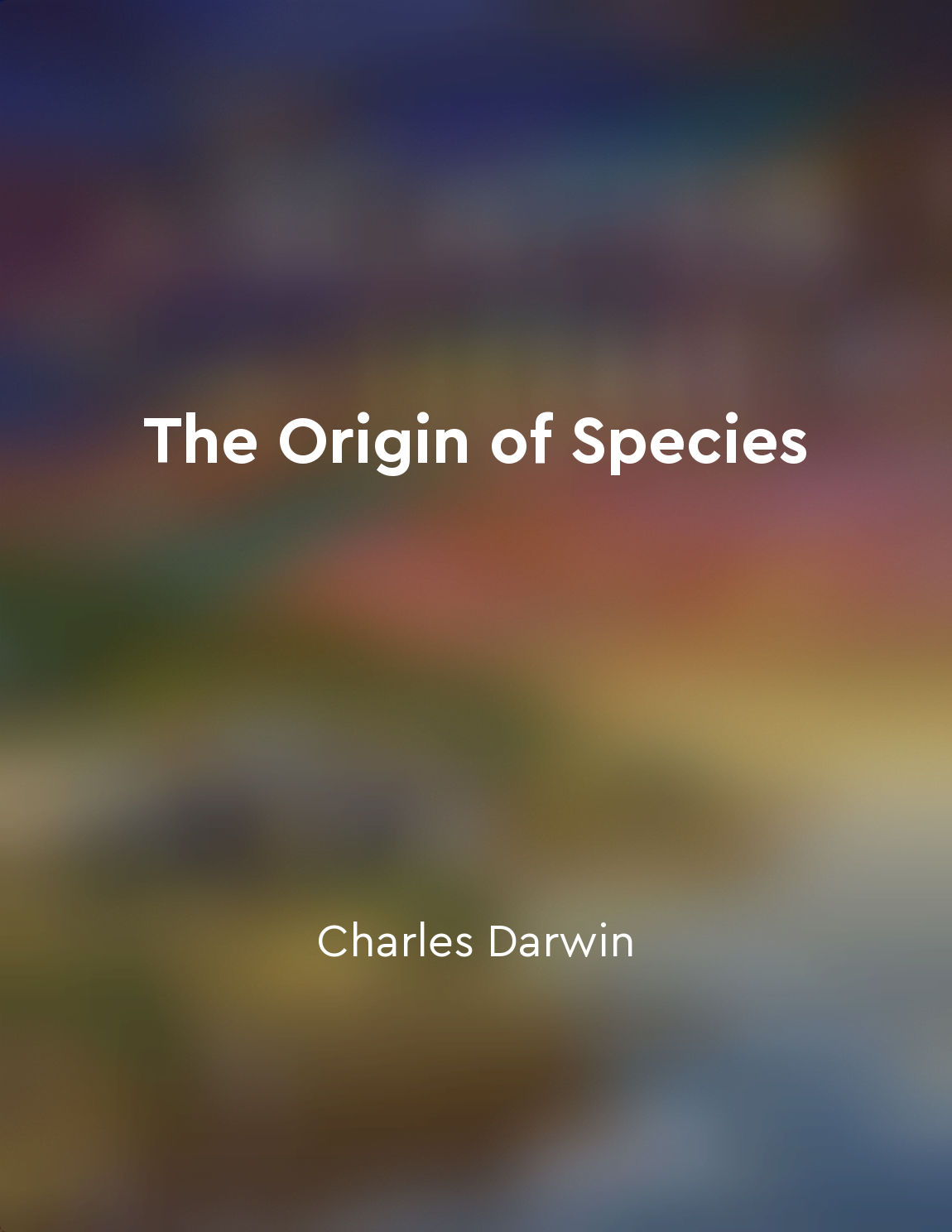Community ecology from "summary" of Biology by Neil A. Campbell
Community ecology examines how interactions between species, such as predation and competition, affect community structure and organization. These interactions can influence the abundance and distribution of species within a community, shaping the diversity and composition of the ecosystem. One key concept in community ecology is the idea of niche differentiation. This refers to the way in which species within a community partition resources in order to reduce competition. By occupying different niches, species can coexist in the same ecosystem without directly competing for the same resources. For example, different species of birds may feed on different types of insects, allowing them to share the same habitat without competing for food. Another important aspect of community ecology is the study of keystone species. These are species that have a disproportionately large impact on the structure and function of a community relative to their abundance. Removing a keystone species from an ecosystem can have cascading effects on other species, leading to significant changes in the community as a whole. Community ecologists also study the dynamics of species interactions, such as mutualism, parasitism, and competition. These interactions can have both positive and negative effects on the populations involved, influencing factors such as population growth, distribution, and evolution. Understanding these dynamics is crucial for predicting how communities will respond to environmental changes, such as climate change or habitat destruction.- Community ecology provides valuable insights into the complex relationships that exist within ecosystems. By studying the interactions between species, ecologists can better understand the factors that shape the structure and function of communities, ultimately contributing to our knowledge of biodiversity and ecosystem stability.
Similar Posts
Human health is influenced by various factors, including lifestyle and genetics
Human health is a complex interplay of various factors that can either positively or negatively impact an individual's well-bei...
Standing up for what you believe in
The act of standing up for what you believe in is an essential component of the human spirit. It is a reflection of our deepest...

Environmental factors influence natural selection
In the struggle for existence, the environment plays a crucial role in determining which individuals are more likely to survive...

Finding beauty in the simplest moments
In a world that often seems to rush by at breakneck speed, it can be easy to overlook the beauty that surrounds us in the simpl...
Complexity can arise through bottomup processes
The idea that complexity can arise through bottom-up processes is a fundamental concept in the study of evolution. This concept...
The fear of death often stems from a fear of the unknown
The fear of death is a natural and universal emotion that grips us all at some point in our lives. It is a fear that is deeply ...
Resilience is key to adaptation
Resilience is the foundation upon which successful adaptation is built. The ability to bounce back from challenges and setbacks...

Conservation efforts are crucial in preventing further extinctions
The idea that conservation efforts are essential in halting further extinctions is a central theme in 'The 6th Extinction'. The...
Encouraging individual actions for global impact
The idea behind encouraging individual actions for global impact is simple: each of us has the power to make a difference in th...
Genes determine inherited traits
One of the fundamental principles in biology is the idea that genes play a crucial role in determining the traits that are pass...


